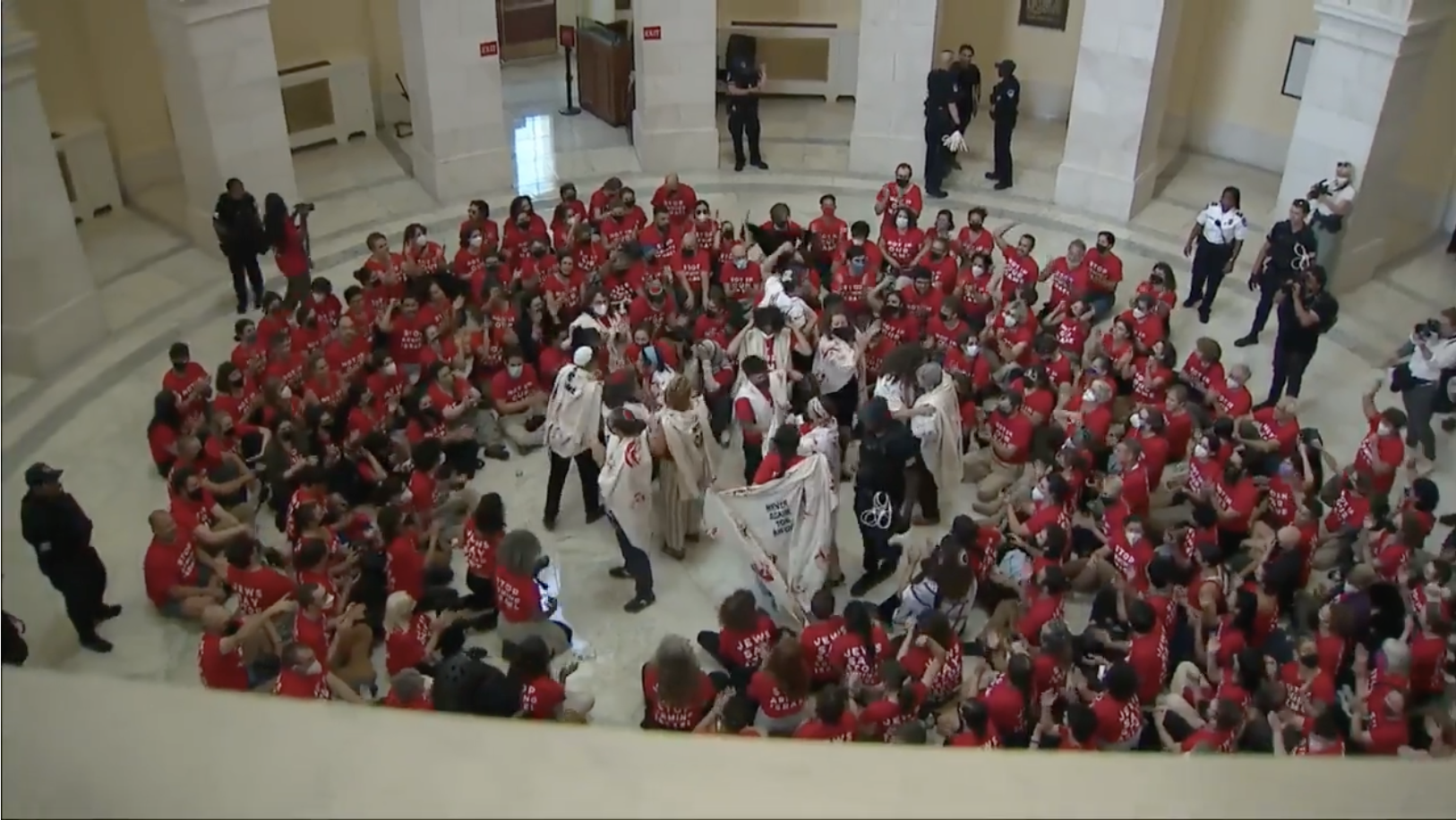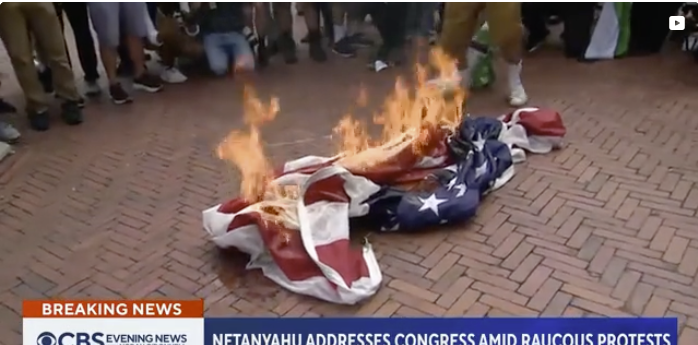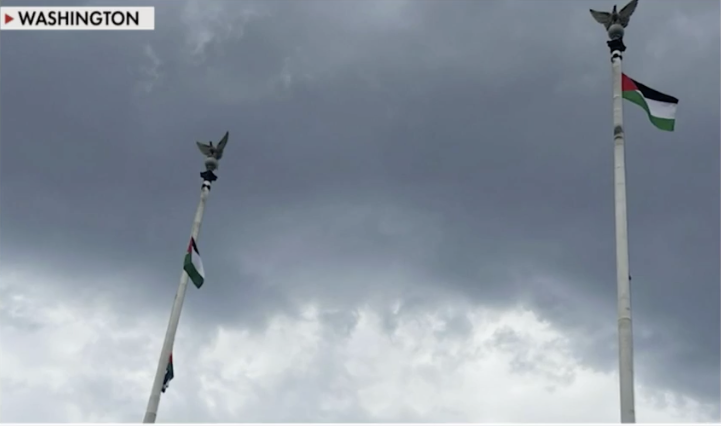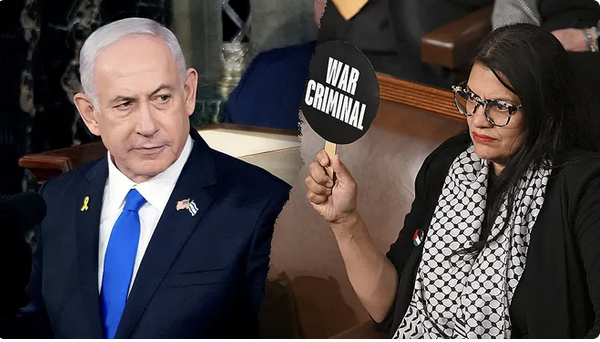Kamala Harris: Campus protesters over Gaza war ‘showing what human emotion should be’
US vice president also notes that she rejects some of the university demonstrators’ rhetoric, amid focus on her as potential replacement for Biden if he quits campaign
United States Vice President Kamala Harris has expressed sympathy with the pro-Palestinian, anti-Israel protesters who have been staging campus encampments in colleges around the country, while adding that she doesn’t agree with all of their positions, as speculation grows that she could potentially end up as the Democratic presidential candidate. Young Americans protesting Israel’s war against the Hamas terror group in Gaza are “showing exactly what the human emotion should be,” Harris said in an interview with the left-wing magazine The Nation, an excerpt of which was published on Monday. She noted, however, that “there are things some of the protesters are saying that I absolutely reject, so I don’t mean to wholesale endorse their points. But we have to navigate it. I understand the emotion behind it.”
More From Times of Israel:







